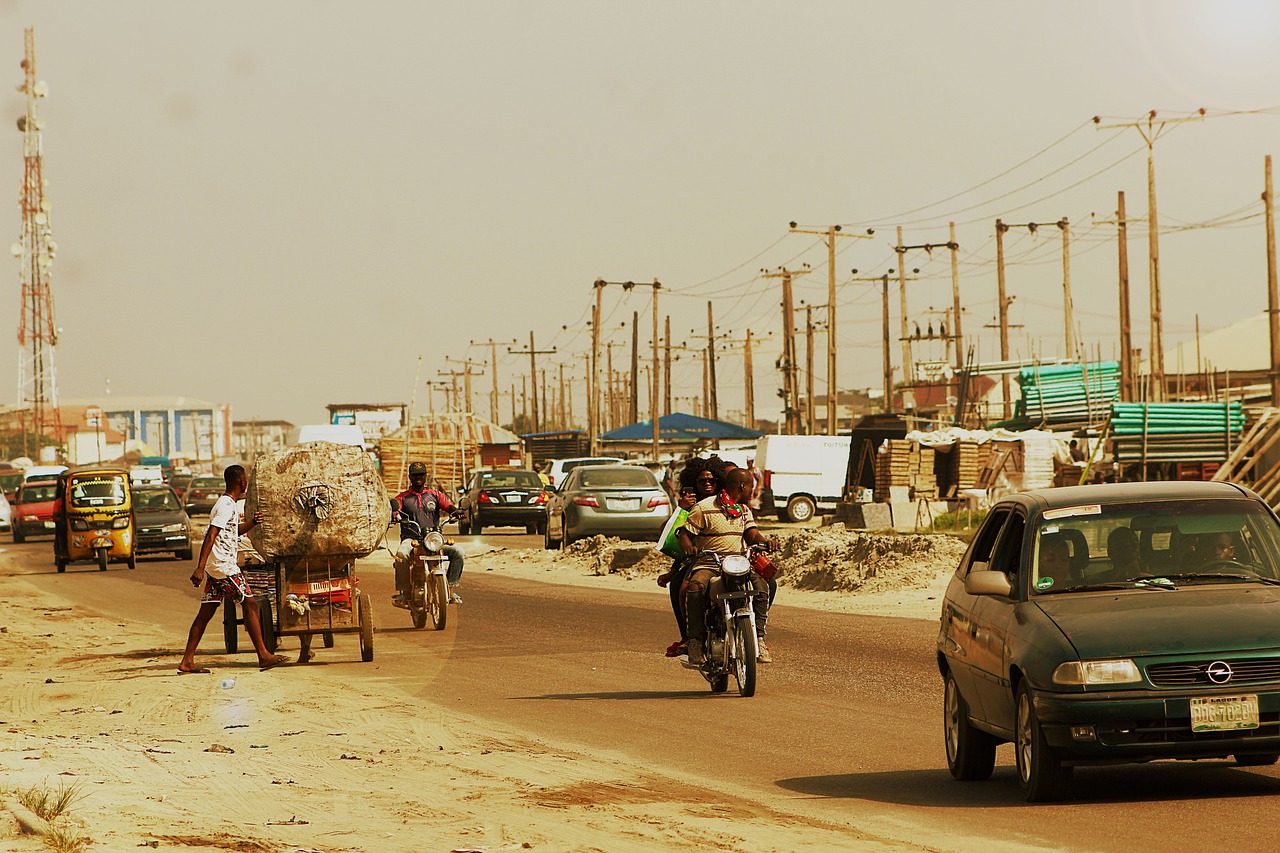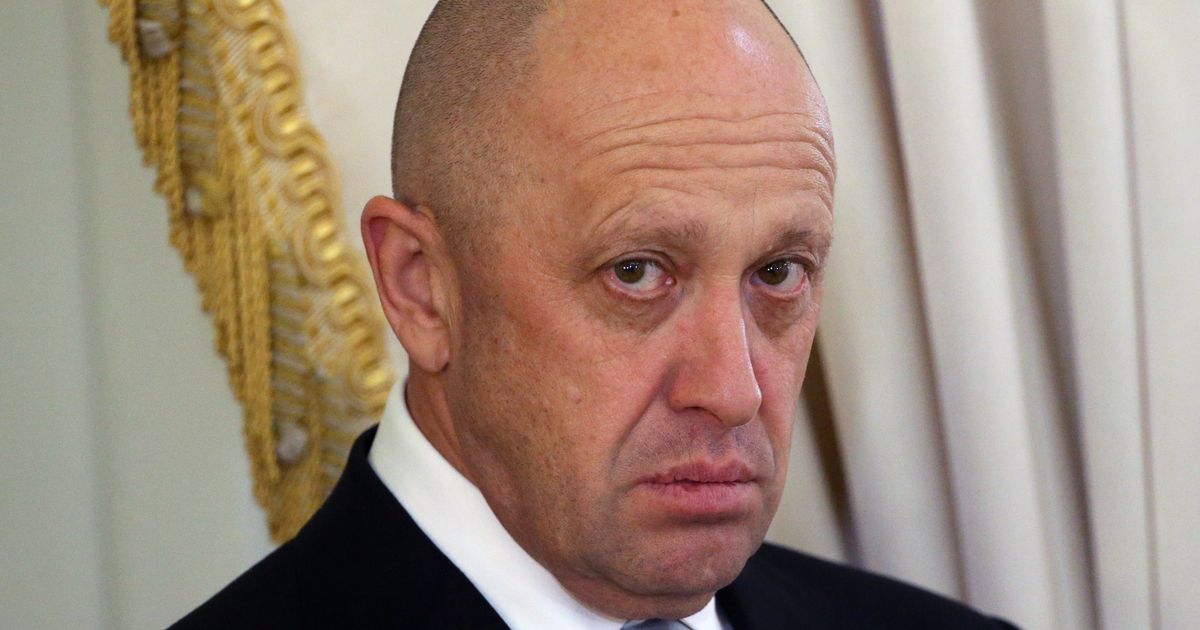THE GUARDIAN
The World Bank says removal of subsidy on premium motor spirit (PMS) could push as many as 7.1 million Nigerians into poverty unless adequate palliatives are extended to poor and most vulnerable individuals.
Even with the implementation of cash transfers to 10 million most vulnerable Nigerians, the bank says, the country would still suffer a net increase of 5.4 million extremely poor people as a result of the decision.
President Bola Tinubu, during his inauguration, pulled the plug on PMS subsidy payment on the ground that the 2023 budget does not make provision for the expenditure, leading to about a 300 per cent price hike.
Poor and economically-insecure households also face an equivalent monthly income loss of N5,700, the Bank also projects in its Nigeria Development Update (NDU) released yesterday in Abuja.
The planned N5,000 monthly palliative, the report argues, can only lift 1.7 million out of the 7.1 million individuals that could be rendered poorer by the removal of the social scheme, if extended to only 10 million people.
The report makes a case for expansion of the original 10 million vulnerable individuals, saying the “cash transfer will need to reach a substantial number of households for the aggregate impact to be significant”.
“Reaching 20 million beneficiary households will lift four million people out of poverty. Reaching 20 million beneficiary households will lift 56 per cent of them out of poverty. However, just aiming to reduce the poverty headcount rate will be a misplaced objective in this context, as this does not account for the welfare of the already poor people who are pushed deeper into poverty due to the petrol price increase,” the bank states.
It also estimates that petrol price hike would deepen poverty by 1.4 percentage points.
NDU argues that not many poor Nigerians benefited directly from the subsidy payment, though. According to the bank’s study, the bottom 40 per cent of the Nigerian people received less than three per cent of the subsidy directly, “whereas those at the top 60 per cent received over 23 per cent”.
“The majority—about three-quarters—of the subsidy went towards firms, transport operators and ministries, departments, and agencies, but also smugglers who sell the fuel in neighboring countries at a much higher price,” it declares.


